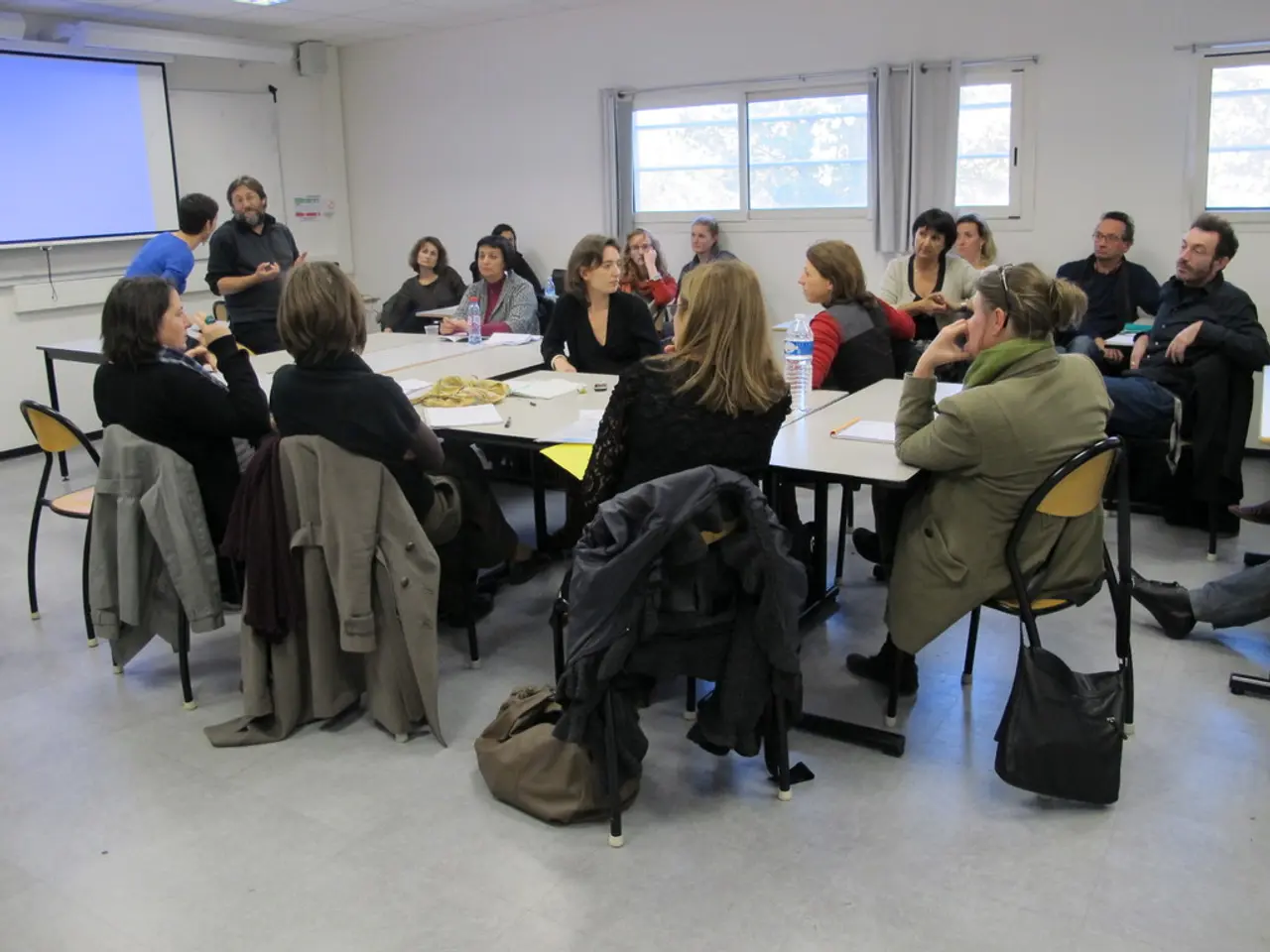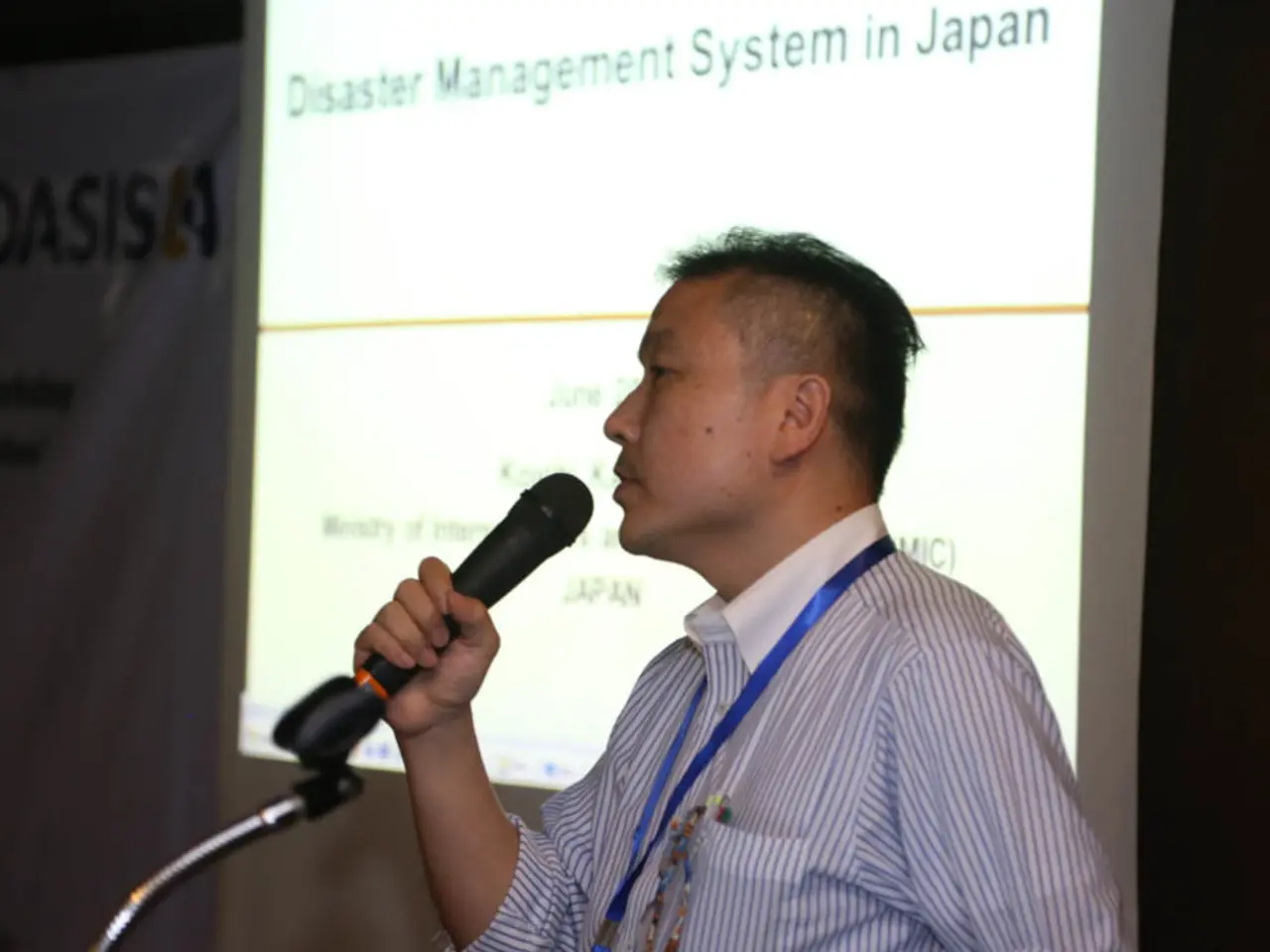The persistent danger of terrorism continues
Will Martyn's Law potentially become law by the year 2025?
ProtectUK (the UK policing counter terrorism website): "Since the beginning of 2017, law enforcement, agencies, and security forces have thwarted 39 late-stage terror plots, and there have been 15 domestic terror attacks. These horrific incidents serve as reminders that the general public may face threats at a wide range of public places and spaces."
With this ongoing threat in mind, the objective of the recently proposed legislation (Martyn's Law - the Terrorism (Protection of Premises) Bill) is to boost readiness and security for various publicly accessible premises and events, such as nightclubs, libraries, museums, galleries, hotels, hospitals, and train stations.
According to ProtectUK, this set of leaflets outlines the premises in the limelight and the 'reasonable, practical procedures and measures' that the new legislation will require. However, it's crucial to note that the content of the Bill is not finalized yet. During a Terrorism update webinar in late 2024, Nick Aldworth, Director Counter-Terrorism, Intelligence and Risk at Carlisle Support Services, stated: "Parliament is now tasked with determining the specifics of Martyn's Law, which means there is still the possibility of further changes."
Premises and Responsibilities
The bill outlines two levels of responsibility for these publicly accessible premises based on the anticipated number of individuals likely to be present simultaneously:
- Standard Duty: Premises estimated to accommodate 200-799 individuals at the same time.
- Enhanced Duty: Premises expected to host 800 or more individuals at the same time.
Events within Enhanced Duty
Events that meet the following criteria will also fall under the enhanced duty requirements:- Occur in a defined premises (open land, land with a building, or a building not previously included)- Host a minimum of 800 attendees simultaneously, including staff- Meet the "express permission" criteria- Do not take place in premises already subject to enhanced duty
Special Considerations
- Places of Worship: All fall under the standard duty, regardless of capacity.
- Educational Institutions: Childcare, primary, secondary, and further education buildings are always under the standard duty.
- Higher Education: The same requirements apply as for other premises types.
Excluded Premises
- Parliaments and devolved governments
- Most parks, gardens, and recreational open spaces (with exceptions)
- Transport premises that are subject to existing security legislation
Key Requirements
Those premises under Standard Duty must establish a set of measures to minimize the risk of physical harm to those present. These measures include:- Evacuation: A means to safely guide people out of the premises.- Invacuation: A method to bring people safely into or to safe parts within the premises.- Lockdown: Steps to secure the premises, restricting or barring the entry of any attacker, such as locking doors, closing shutters, or using barriers.- Communication: Providing a means to alert people within the premises to move away from any impending danger.
Measures for the Enhanced Duty
More stringent measures are necessary due to the potentially higher impact of an attack for those premises in the Enhanced Duty. These measures must address the requirements for the Standard Duty, in addition to:- Ensuring physical safety and security of the premises- Managing the movement of individuals into, out of, or within premises or events- Monitoring the premises or event, as well as their immediate vicinity- Documenting compliance- Outlining the public protection procedures they have in place or will establish
All requirements are subject to the concept of "reasonably practicable," taking into account the nature of activities, the operating environment, and available resources.
Regulation and Enforcement
The Security Industry Authority (SIA) will oversee the implementation, offering support, advice, and guidance to businesses while utilizing powers only for serious and persistent non-compliance. The SIA will have the ability to impose fines on non-compliant entities and shut down premises in extreme cases.
Implementation of the Bill
The bill must navigate the legislative process before becoming law. It needs to be debated and approved by each House of Parliament, and then receive Royal Assent to become a law and be recognized as an act. Currently, it is hoped that Martyn's Law - the Terrorism (Protection of Premises) Bill will receive Royal Assent in spring 2025. You can track its progress here: UK Parliament: Parliamentary Bills.
A quote from Nick Aldworth: "Once the bill has been passed and becomes an act of parliament, the vital work of establishing an effective regulator will commence. It is anticipated that this process will take approximately two years, during which time premises can begin to develop their own abilities to comply with the law they will be subject to."
This piece of legislation signifies a notable shift in UK counter-terrorism strategy, placing increased responsibility on premises and event organizers to actively consider and mitigate potential terrorist threats.
For more information, visit the Martyn's Law section on the Protect UK website: www.protectuk.police.uk/martyns-law
- The proposed Martyn's Law (Terrorism [Protection of Premises] Bill) aims to enhance security for various publicly accessible premises and events, as outlined by ProtectUK, by requiring the implementation of reasonable, practical procedures and measures.
- This new legislation further emphasizes the role of policy-and-legislation in balancing public safety with the political landscape, as showcased by the shift in the UK counter-terrorism strategy towards greater emphasis on premises and event organizers' responsibilities. This development falls under the broader category of general-news.






